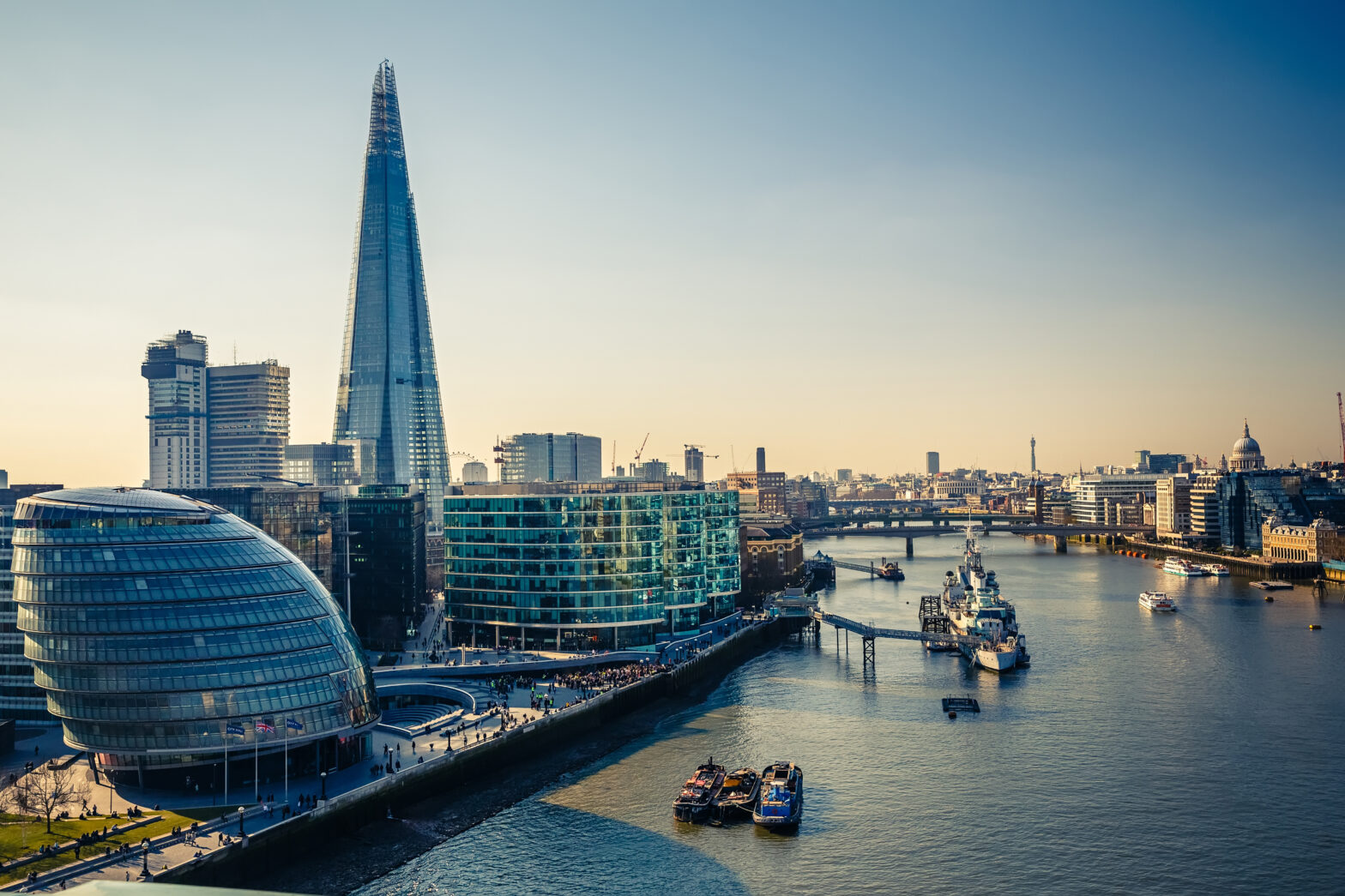Starting a business has never been more accessible, yet new research by Expert Market shows that business survival rates are diminishing with a 58 per cent mortality rate across the UK, in the first five years, and more than 60 per cent of businesses failing to survive in London alone. London has the lowest survival rate for start-ups of anywhere across the United Kingdom, despite the prevalence of businesses dominating the capital. So why is England’s key economic powerhouse struggling to sustain businesses?
There’s no denying that London consistently tops the list as one of the top tech hubs in the world, housing weird and wonderful pop-ups and start-ups, from Lady Dinah’s Cat Emporium to The Ginger Pig butchery classes. New eateries bolster every corner of London, representing the four corners of the globe from Ghanaian buttermilk chicken to Colombian street food, not to mention the new uprising of delivery apps ensuring you never have to leave the comfort of your extortionately-priced flat, but how many of these new businesses actually survive those primary turbulent years?
There’s never been a better time for consumers in London, yet unfortunately for businesses the high levels of competition mean, for some, business is just not sustainable. Survival rates are plummeting as it becomes more and more difficult for businesses to justify the initial startup costs, high rental prices and extreme competition prevalent across the capital. More businesses are started in London than any other region in the UK so stakes are high. Over 50,000 businesses were started in London in 2009, with less than 20,000 managing to survive until 2013.
Rental costs through the roof
Find a London Office gauges the average office rent in London to sit between £66 per square foot in Canary Wharf to £149 per sq foott in St James’. This means that a 50 square foot office somewhere in the middle at £110 per square foot, incidentally the cost of an office space in Knightsbridge and Belgravia, will set you back £5,500 in your first month. That’s a hefty commitment considering many start-ups may not be generating cash flow initially, let alone profit.
Many businesses are already being forced out of London as commercial rents skyrocket. East London commercial property rent is now valued at a similar price to that of central, with Shoreditch rent having almost doubled from £35 per square foot in 2013 to £65 per square foot, meaning that even the formerly accessible areas are now intangible.
You can’t compete with a unicorn
Moreover, the competition from ‘unicorn’ start-ups such as Airbnb ensures markets are volatile. Huge financial backing means conglomerates can drive down prices –great for consumers, potentially fatal for the competition. On top of this, huge start-up costs ensure the gamble to birth a business in London means high stakes; if a business is not performing initially owners are tempted to pull the plug earlier to cut their losses and avoid racking up higher debts.
Combine Brexit and you’ve got a real recipe for disaster. Brexit was tough on the business scene. The plunge of the pound ensued horror stories overnight detailing the loss of overseas investors, loss of confidence in UK markets and inevitably loss of businesses. London was hit particularly hard by this, and the looming ‘hard Brexit’ offers a further threat to London due to its status as financial capital of Europe. If the UK leaves the European Economic Area banks will potentially lose the right to operate with the rest of the EU. As the majority of financial headquarters are based in London this could have an astronomical impact on the capital.
Is there hope for anyone?
ONS data shows that surprisingly the region with the highest survival rate for businesses is the South West, with 45 per cent of businesses surviving their first five years, probably due to cheaper rent and less competition, however this still means that businesses are more likely to fail than survive. The industries that proved the most fruitful, Health and Education, also proved to have the lowest number of start-ups, claiming a combined total of just 4.4 per cent of the market. Their survival rates reached 52 per cent and 51 per cent respectively, emerging as the only two industries more likely to survive than fail. Start-ups in these sectors have lower levels of competition from private businesses due to the NHS and government-backed schools, which probably equates to their stronger survival rates.
Consider crowdfunding
Despite the volatility of the current market, businesses can and do survive. Crowdfunding platforms such as Crowdcube, which raised £1,000,000 for fintech startup Monzo in just 96 seconds, can be a fantastic platform to boost capital investment for the early years. They allow people to offer bids to support businesses coming into fruition, without dealing with traditional lenders, such as banks. Other good crowdfunding sites to consider include Funding Circle, LendInvest and Kickstarter.
Go global or go home
London is not the be all and end all. There are flourishing tech hubs the world over that offer a multiplicity of exciting benefits. Berlin, Austin and Toronto recently topped Expert Market’s list of the top tech hubs to live and work in, so peruse the options and find the placement that best suits your business model.
Even better, hold off from renting if you can. Rental costs are high, and if your business isn’t quite off the ground, what’s the hurry? Some of the biggest brands in the world began in garages: Google, Apple and Amazon to name a few. With house prices set to drop too, post-Brexit, there’s never been a better time to utilise your home office.
Identify market potential
If you’re going to beat out the competition you need to offer something different, and even that isn’t always enough. You might have a billion dollar idea, but if you’re playing with the big boys, chances are things will end in tears. Uber has monopolised the taxi scene in London, because they offer prices that no one else can beat. Simple.
If you can offer something special and the target audience is accessible it’s time to build your brand. Establish customer loyalty and your business will be unstoppable!





